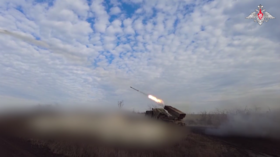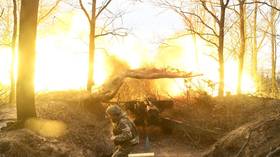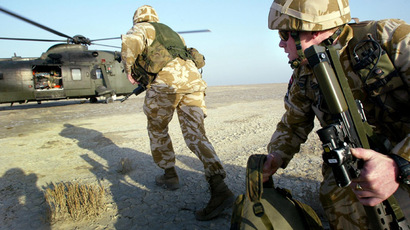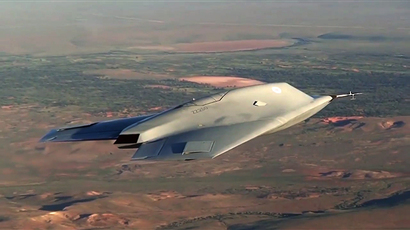Underpaid & under fire: British frontline troops earn less than minimum wage
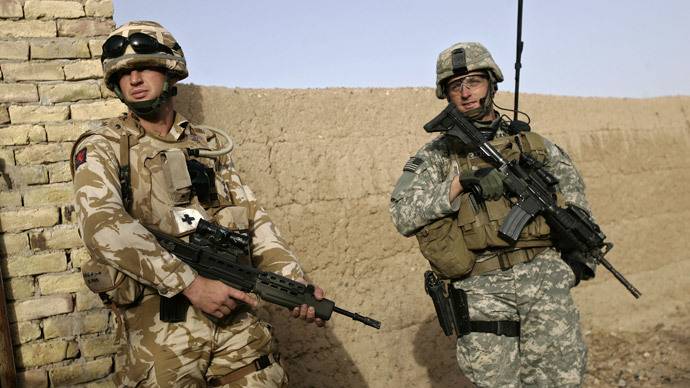
British soldiers serving in Afghanistan may be earning less than the minimum wage for their efforts, says a report. The Ministry of Defence says shortfalls in pay are compensated by such benefits as subsidized accommodation and generous pensions.
A report by the Armed Forces Pay Review Body (AFPRB) has revealed
that military personnel serving in conflict zones abroad could be
being paid less than 6.31 pounds ($10.46) an hour. Soldiers
serving abroad are exempt from rules governing the minimum wage,
which means they can be left out of pocket if they work overtime,
the report notes.
“It is possible for those on the lowest pay level to be
earning below NMW levels if they work over 55 hours per week, for
those aged 21 or over, or more than 68 hours per week if they are
aged between 18 and 20,” states the report. Researchers
calculated that troops receiving the starting salary of 17,767
pounds ($29,454) a year would receive less than the civilian
minimum wage if they worked more than 54 hours a week.
Furthermore, the report said that the troops most likely to work
overtime were those stationed in Afghanistan.
“As the average number of hours worked is much higher for
those personnel on overseas operations or at sea, the more time
someone spends in these locations the greater the chance they
have over a 12-month period of working sufficient hours to breach
the minimum wage thresholds,” the report said.
The AFPRB recommends a number of measures to improve troop
conditions abroad, including a one percent increase in base pay
and an increase in certain monetary allowances.
The MoD has defended its policy and said that although the troops
are not affected by minimum wage regulations, the ministry tries
to reflect the “spirit” of those rules. In addition, a
spokesperson told British publication the Telegraph that any
shortfalls in pay are made up by the benefits that UK soldiers
receive.
“We have worked hard to ensure that the sacrifices and
dedication of our personnel is recognized, which is why they have
continued to receive pay rises and also qualify for other
benefits, including subsidized accommodation, generous
non-contributory pensions and substantial periods of paid
leave,” said a Ministry of Defence spokesperson in a
statement released to the Telegraph. The spokesperson also
slammed the report as “misleading” because it does not
take into account these factors.
The UK government has taken measures to downsize the nation’s
military in line with budget cuts to help pull Britain out of
financial recession. The current Army 2020 restructuring program
will see troop numbers reduced from just over 100,000 in 2010 to
82,000 in 2018. The cuts to the British military have proved
controversial, with many MPs criticizing the policy of having a
detrimental effect on the UK’s ability to protect itself from
“emerging threats.”
The government, however, argues that the cuts are merely
streamlining the country’s armed forces and preparing them for
the “threats of tomorrow.”


